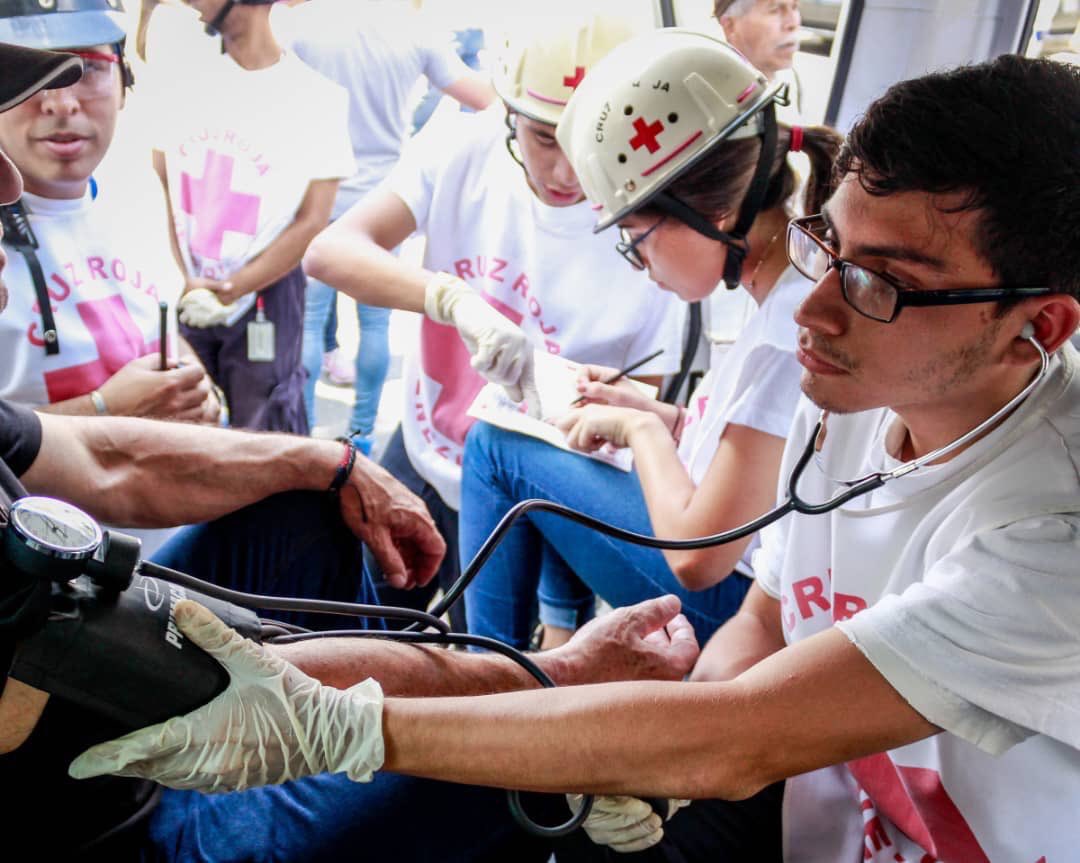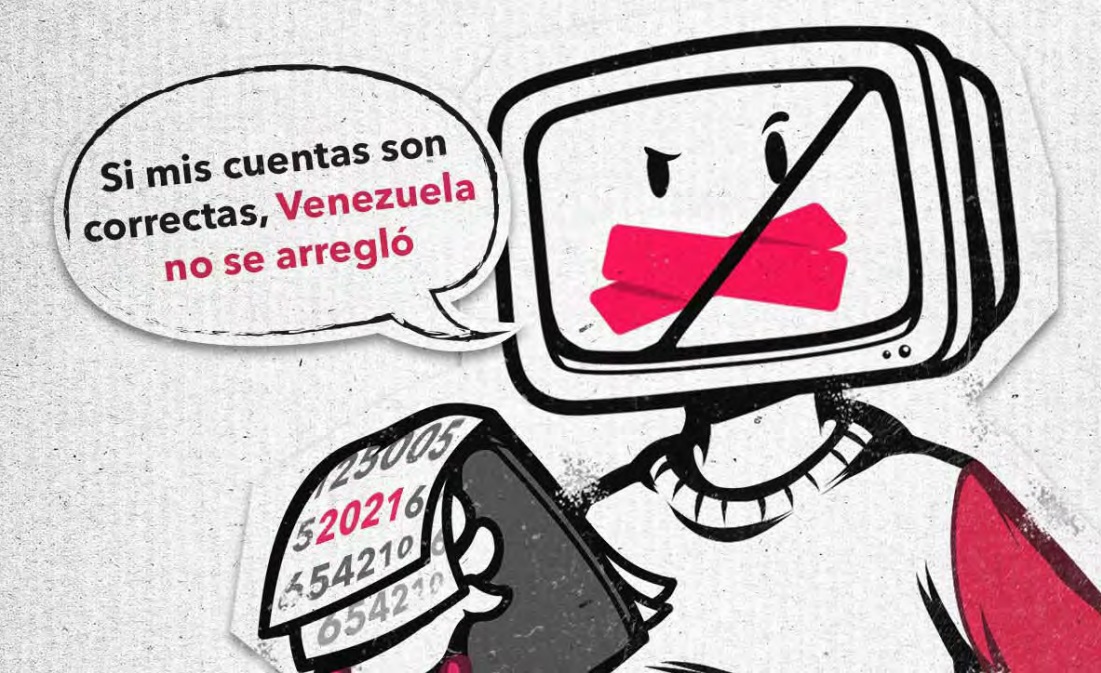For the past week in Merida – Venezuela, we have been suffering from a nearly total absence of gasoline distribution, with the Venezuelan Government being the only responsible for the “production” and distribution of fuel. For Promedehum, injuries to people will ensue and this may be a deliberate action on the part of the regime that violently remains in power.
The city of Merida looks like a parking lot, people are subjected to long lines in order to fill their vehicles with fuel, some people have even slept in their vehicles for 5 days while waiting, others have only been issued 20 liters after long days of waiting. All of this is occurring in a context where impunity and crime have taken over the country, putting people’s safety and lives at greater risk.
The lack of fuel for vehicles affects the dynamics and lives of the people of our city in multiple ways, Venezuela is undergoing a tragic Complex Humanitarian Emergency, where everyone, or many people live from day to day in regards to acquiring food, medicine, and medical supplies, and in order to do so, they must dedicate long days to scouring the city because of the shortages. Though it may be difficult to determine, we are sure that this situation is affecting the health of many people and threatening their lives.
The lack of a real and honest response from the Government represents in and of itself a denial of what is happening, they are turning their backs on the people, and we say responsibly: if the Venezuelan State remains silent, pretending that nothing is happening, we could be facing another form of social repression in a deliberate action, it is the State that should demonstrate otherwise, if this is not the case, with substantiated arguments beyond an alleged “economic war” that has become its justification for all the problems in our country, and it should take the necessary and congruent measures for the protection of the people.
Promedehum has been affected by this, having suspended almost all of its activities, while maintaining some of these despite severe limitations in mobility, such as: support for victims and training in profoundly needed topics for specific groups and related to the growing adverse context.
Asociacion Civil PROMEDEHUM +584120322236 / +584248799990 / promedehum@gmail.com
Merida – Venezuela – www.prolibertades.org.ve




